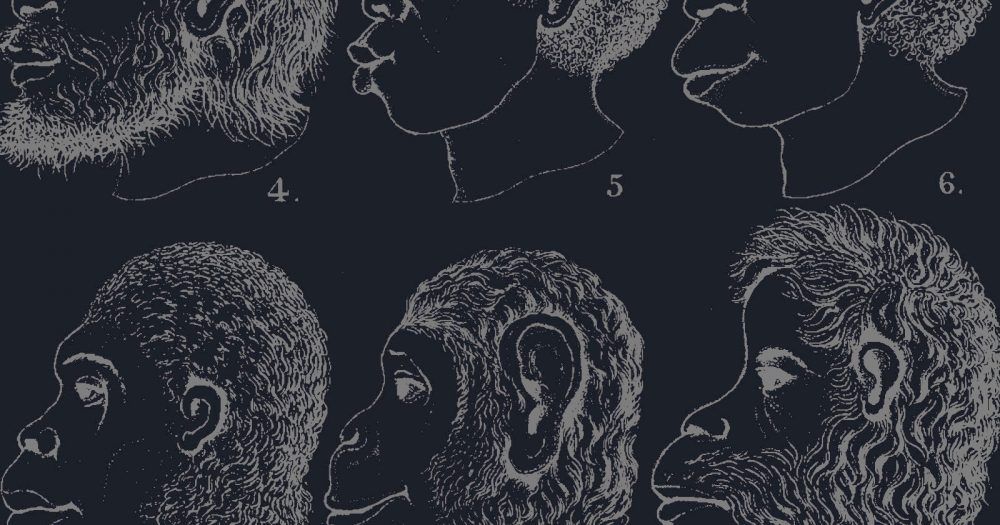


Which Origins Theory Better Explains Altruism and Morality?

Casey Luskin Debunks One Museum’s Evolutionary Propaganda
On today’s ID the Future, geologist Casey Luskin continues to unpack his recently published essay against the view that humans evolved from ape-like ancestors via blind Darwinian processes. In this episode he shares his experience of walking into the fossil hall at South Africa’s famous Maropeng Museum and immediately being confronted by a piece of shameless materialist propaganda, a Richard Dawkins quotation prominently displayed as part of a floor-to-ceiling display. The quotation insisted that humans are essentially just DNA survival machines. Luskin says, not so fast, and points out the various ways such a view fails to explain important aspects of human behavior, including altruistic behavior toward non-kin. Luskin and host Eric Anderson also call evolutionary theory to task for being Read More ›

Darwinian Racism Webinar, Pt. 2
Today’s ID the Future features the second half of a recent webinar spotlighting historian Richard Weikart and his new book, Darwinian Racism: How Darwinism Influenced Hitler, Nazism, and White Nationalism. Here Weikart fields questions from the webinar audience. Along the way Weikart touches on the connection between Darwinism and scientific racism, the objection that Darwinism, properly understood, doesn’t support scientific racism (much less Nazi racism), the racism inherent in Darwin’s own writings and those of prominent early Darwinists such as Ernst Haeckel, and more recent manifestations of Darwinian-inspired scientific racism both academic and populist. This and much more is explored in Weikart’s new book, available here. And for scientific reasons to reject Darwinism along with its racists implications, jump over Read More ›

Evolutionary Psychology: Checkered Past, Checkered Present
On this ID the Future host Casey Luskin interviews science journalist Denyse O’Leary about her recent essay, “Is Evolutionary Psychology a Legitimate Way to Understand Our Humanity,” which appears in the new Harvest House anthology co-edited by Luskin, The Comprehensive Guide to Science and Faith. O’Leary, a science journalist and co-author of The Spiritual Brain, offers a withering critique of evolutionary psychology and traces its roots, beginning with The Descent of Man (1871), where Charles Darwin attributed various human behaviors to natural and sexual selection. That fed into what became known as social Darwinism, which fell out of favor after World War II thanks to Hitler and the Nazis’ application of social Darwinist ideas to defend Nordic superiority and genocide. Read More ›

Casey Luskin Reviews Three Views on Christianity and Science
On today’s ID the Future, host Tom Gilson and guest Casey Luskin discuss a new book Luskin recently reviewed at Evolution News, Three Views on Christianity and Science. Luskin, associate director of Discovery Institute’s Center for Science and Culture, summarizes the three views covered in the book: the independence view presented by Michael Ruse, the dialogue view presented by Alister McGrath, and the constrained integration view presented by Bruce Gordon. Luskin critiques the first two and argues that the dialogue view, in practice, quickly devolves into a monologue where religion is supposed to sit down and shut up the moment there is a point of difference between religion and consensus science. He says this is doubly problematic because (a) scientists Read More ›

Michael Flannery on the Unraveling of the Darwinian Paradigm
On this episode of ID the Future, host Mike Keas speaks with science historian Michael Flannery about Darwinism, Past, Present, and Future, in which Flannery wonders about an L.A. Times op-ed by Ann Reid, director of the pro-Darwinism lobby group The National Center for Science Education.
Read More ›